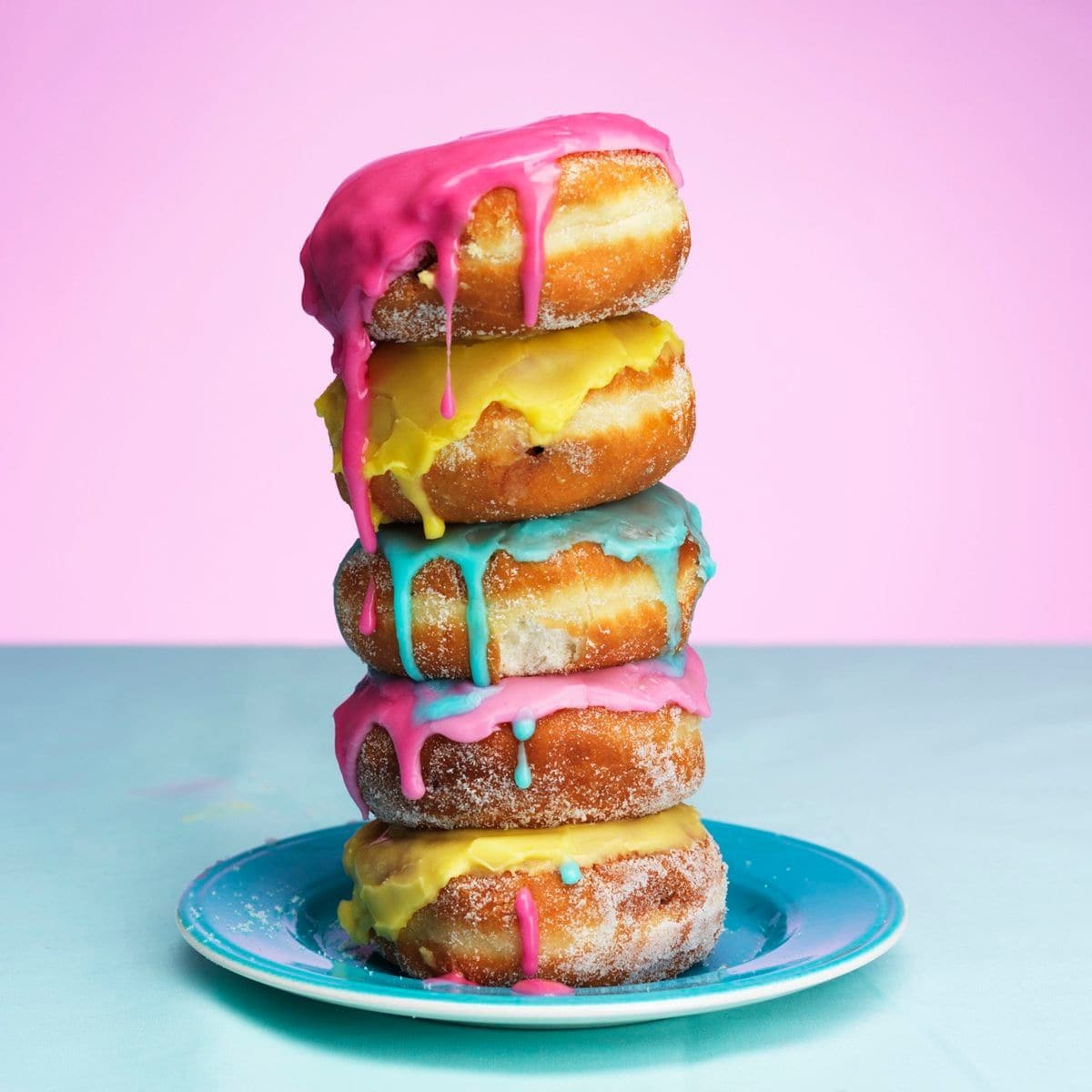We all know that one family member or friend that seems always to be craving their favorite sugary drink or snack. While craving soda or sweet tea is normal, it should raise the alarm for a much more severe health issue when it is constant.
According to HOLA! USA go-to practitioner, Dr. Vikki Petersen, it is crucial to know what hyperglycemia looks like and how it relates to overall health.
“Hyperglycemia means an elevation of blood sugar often caused by the Standard American Diet (SAD) and a sedentary lifestyle,” the certified clinical nutritionist, chiropractor, and certified functional medicine practitioner said.
“The cause is either insufficient production of insulin by your pancreas (type 1 diabetes) or the inefficient ability of insulin to perform its normal functions, which is called insulin resistance and is found in type 2 diabetes. A highly elevated level of blood sugar can become life-threatening, resulting in coma,” the doctor warns.
What are some common symptoms that are associated with high blood sugar? Here are Dr. Vikki Petersen’s top 5 signs to look out for when it comes to hyperglycemia:
Fruity smelling breath
- This is not something you can detect in yourself, but if a friend or family member displays very sweet breath, have them check into it, especially if they show other symptoms. This could very well be due to elevated blood sugar levels that need to be brought under control.
Fatigue and weakness
- The state of excess sugar is a toxic situation for your body and puts it on high alert. The body’s energy goes towards trying to handle the toxic levels of sugar, leaving you tired and feeling weak. If you or someone you know to experience chronic fatigue, consider checking blood sugar levels.
Headache or Brain Fog
- Your brain and the nervous system use glucose as fuel, but it needs to be in the correct amount. Both too much blood sugar and too little (hypoglycemia) can cause headaches and brain fog. With the number of sugars present in processed foods and sweet treats, it’s good to check if your blood sugar levels are too high if you experience frequent headaches.
Blurred vision and later blindness
- Excess blood sugar damages the vessels of your retina, creating clouding of your vision and eventually permanent damage as blindness. This, of course, is advanced stages of untreated high blood sugar, meaning if you check regularly and control blood sugar levels, you can prevent damage before it happens.
Increased thirst and urination
- Your body is very clever, and it increases your thirst as a means of trying to dilute the excess sugar and excrete it from your body with more frequent urination. If you can check your urine, you will see elevated glucose in it.
,type=downsize)






